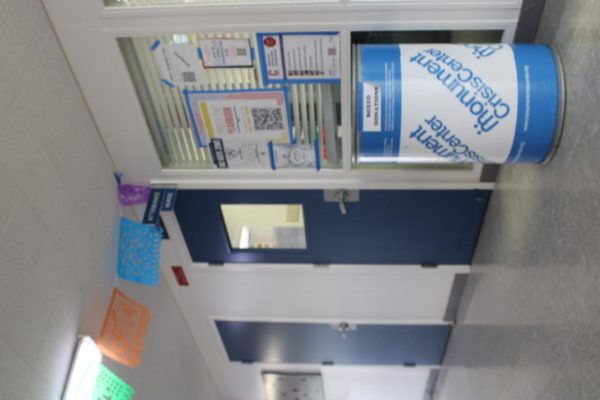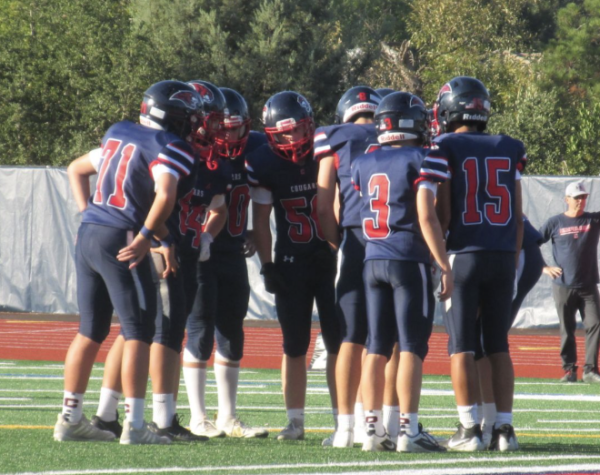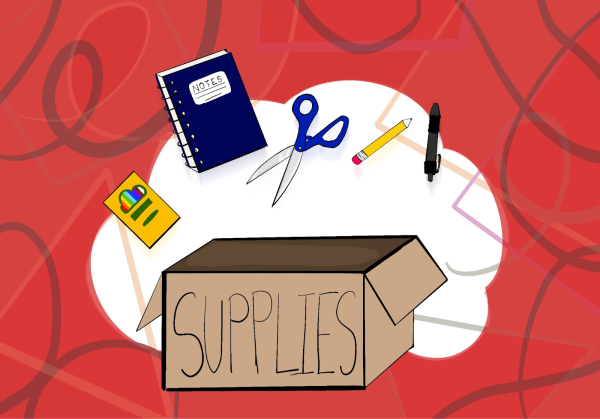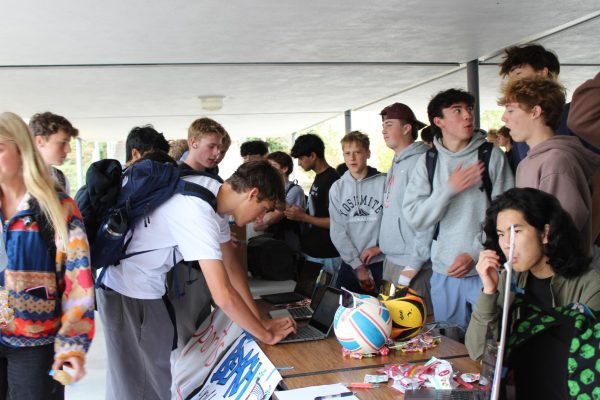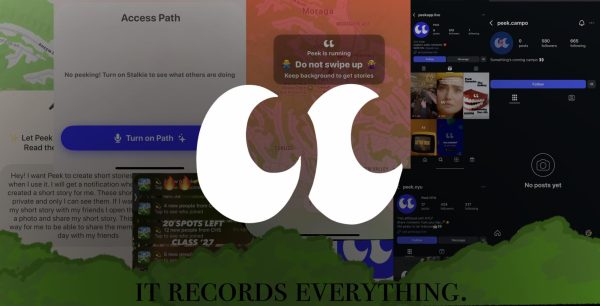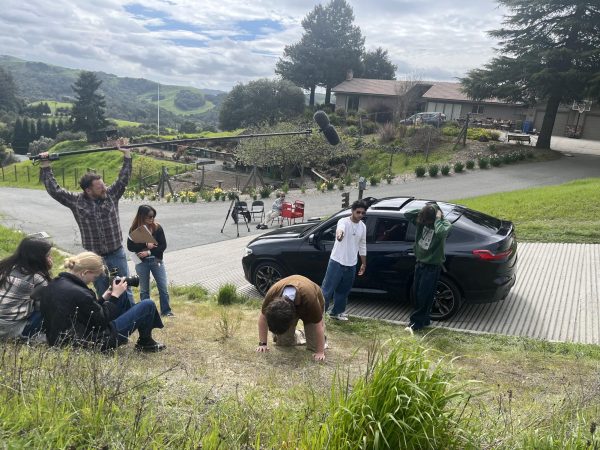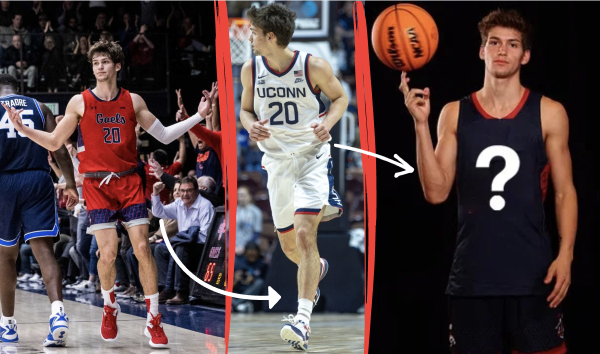An Evolved Equity Lesson
A student selected equity lesson was given during Academy to students on April 15, contrasting previous lessons where leadership representatives took a vote for which lesson students would like to learn next. This shift is based on feedback from the district-wide equity lesson earlier in January, where Campo representatives enjoyed having a “choice model” where they could choose what they could learn at the summit. “[They] thought we should bring a choice model here rather than having one universal lesson,” said Molly Kerr, leadership adviser. The lesson options presented to students were on ableism, global awareness, and microaggressions and bias.
Leadership and the Cultivate Thinking Club teamed up in order to facilitate the lessons, according to Kerr.
“We do a lot of research while producing these lessons and so definitely in the process I gain a lot of insight into the topics and…overall it’s a learning experience and still beneficial,” said Meera Phadnis, Commissioner of the Education Board.
Students also “coordinate with the staff, faculty and school administration, different students, and clubs in some cases to see if they have any knowledge on the topic [we are teaching in the equity lessons],” Phadnis added.
According to junior Atlas Benko, a member of the Education Board, “teacher involvement in these lessons is really important because students are usually more likely to listen to their teachers than some random student that comes into their class…also it’s great to have input from teachers who have so much experience creating lessons.”
The goal was to not assume students are informed on the topic being presented. “Every lesson is designed in the sense of ‘what can we offer you’…we’ll assume we’re offering you new insights and maybe looking at things that you’ve never thought about before and some of that is going to be vocabulary,” said Kerr.
“I think part of the issues we’re trying to tackle is that there’s a lot of gaps in the knowledge of a lot of our campus students specifically the global awareness one…there’s a lot of people not aware of each other’s religions…and for ableism there’s a lot of assumptions but people still don’t really know much of what [people suffering from IDPs, and issues like that] go through, what their parents go through,” said Benko.
Another point of bringing these topics into light is to “try and create an inclusive campus so that everybody regardless of who they are, what their background is, feels as though they belong and [so people know] how to contribute to making someone that might be marginalized feel that they’re included,” Kerr said.
Working to continually improve these lessons is something Leadership strives for. “I know the lessons aren’t perfect and a lot of people don’t like them but I think we are making a change [this year] and that’s what matters. For instance, with the choice model and giving students greater involvement and flexibility with that,” Phadnis said.
The global awareness lesson focused on world religions and practices. Ableism covered multiple issues that students suffer from daily such as learning disabilities and anxiety. Migroaggressions and bias helped to educate students in hopes of decreasing the existence of conscious and unconscious microaggressions and bias on campus.
Freshman Yun-Yun Wong’s fourth period class received the global awareness lesson. “[The students] really went into detail about multiple religions, not just Christianity and Catholicism…I felt like they were being more inclusive,” said Wong.
Leadership student freshman Colbie Freese was an educator on the ableism topic. “I thought the slideshow was really informative. I think it was very effective and I’m glad we talked about ableism in school because I know for as long as I’ve been in the education system here we’ve never really had the school wide discussion surrounding ableism which of course is such an important topic considering how many people have disabilities, and it’s not talked about on campus,” said Freese.
However, even though this equity lesson was a success for many, one thing people noted that could be improved in these lessons is student participation. “I think students need to speak up when people are presenting and during group discussions. I love when presentations are discussion based, but we could have had more audience participation,” said Freese.
Your donation will support the student journalists of Campolindo High School's The Claw. Your contribution will allow us to produce more issues and cover our annual website hosting costs.
